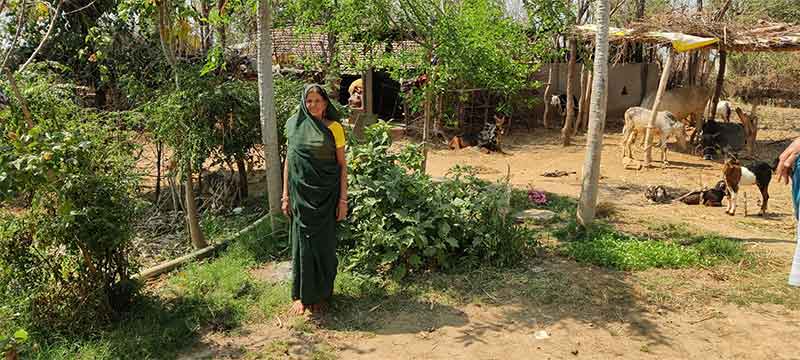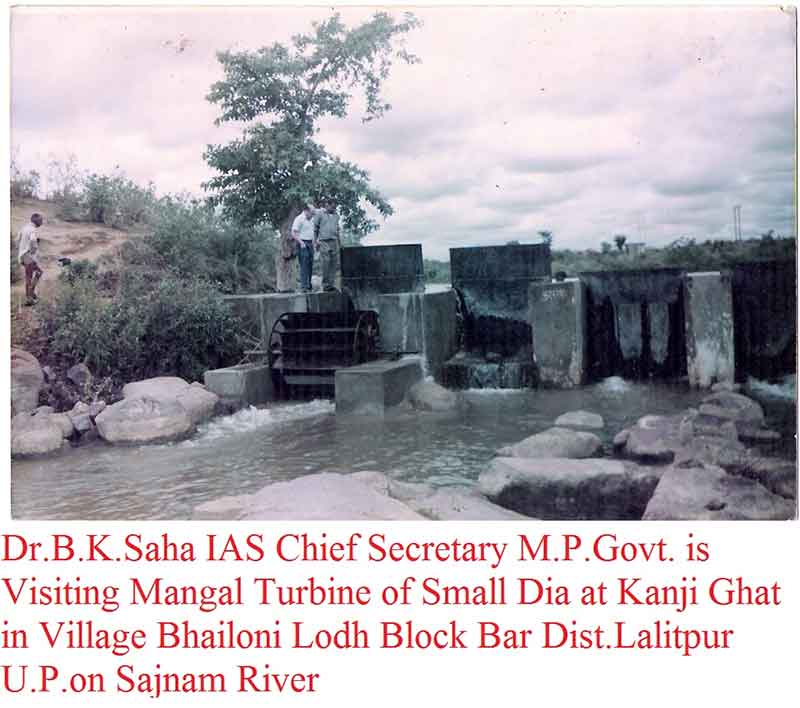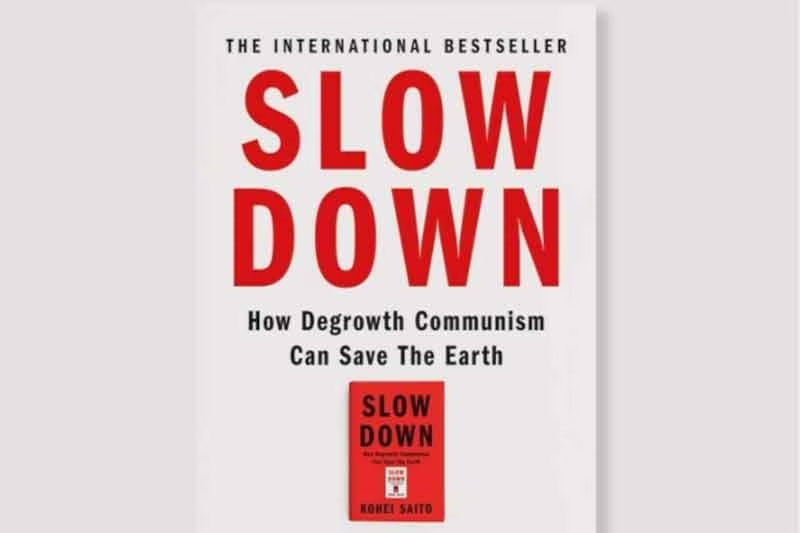
Climate change mitigation and adaptation are two very important challenges of our times, important for all countries, regions and people. However the response must be in tune with the livelihood and other needs of people, so that there is no adverse impact on small farmers, workers and other weaker sections of people, particularly those of the majority world but essentially of all societies.
My own study of this issue has convinced me that it is certainly possible to pursue the two important tasks of protecting livelihoods of small farmers and meaningful climate change response in cooperation with each other. Both can progress together. Problems arise when big business interests create distortions.
Therefore I think that the objective of creating more self-reliant rural communities now has a new resonance and an increasing relevance. In India this idea has been advanced for several decades by Mahatma Gandhi and his followers with their concept of gram swaraj. While this idea has many useful applications even today, I think that this is particularly very useful in the context of taking together meaningful climate response in cooperation with the promotion of creative, satisfactory, sustainable rural livelihoods.
Rural people can be very creative in better utilization of local resources for meeting their individual and community needs in keeping with local situations, as I have kept discovering over the years in the course of my travels to remote villages. However they are up against the wider and dominant tendency to push the same technologies, inputs and ‘solutions’ everywhere and so those technologies which are not the best for most villages find their way there, pushed by powerful forces, even though these may be more harmful for environment. Hence fossil fuels and agro-chemicals based on fossil fuels have found their way into many more villages while the available alternatives did not even get a fair hearing.
At the same time, these imposed technologies disrupted time honored methods of mixed farming, crop rotations, integrating trees and pastures with crops, soil and water conservation which have always been very important for sustainable livelihoods but in addition, in the present context, are also very important for climate change mitigation and adaptation.
Such disruptions could continue for a long time because these are being pushed by powerful business interests who also find ways and means of ensuring that government subsidies can be found and keep the system going much longer than it would on its own as it is inherently unsustainable and disruptive.
On the other hand under the gram swaraj concept rural communities work with immense creativity and enthusiasm to utilize local resources in such ways that their expenses on costly external inputs, implements and fuels can be reduced to a very considerable extent while soil and water conservation are improved. Hence the welfare of farmers and sustainability of their livelihoods are protected. Communities become more resilient and capable of facing adverse weather conditions. In addition, as has been revealed repeatedly at the practical level, the same community efforts can achieve a big reduction in the burden of fossil fuels as well. Hence both climate change adaptation and mitigation can be achieved along with sustainability and creative livelihoods.
Jayesh Joshi, coordinator of a voluntary organization, Vaagdhara in Central India says, “Our work with bheel tribal communities has consistently shown for several years that the concept of gram swaraj provides a firm base on which the objective of protecting livelihoods and protecting environment can be combined together. In fact our experience has shown that traditional wisdom of bheel tribal communities is also very supportive for the twin objective of protecting satisfactory livelihoods and protecting environment.”
Conversations with several other members of the Vaagdhara team who constantly go to these villages also revealed that they are convinced of the gram swaraj approach being in tune with the traditional wisdom of tribal communities, as evident in the enthusiastic response of several farmers including women farmers. Several farmers to whom I spoke about how this approach works at practical level for them were enthusiastic about the results achieved on their own farms as well as at the community level.

Another example of the immense creativity of ordinary villagers which is very relevant in the context of climate response relates to an innovation of a farmer scientist called Mangal Turbine. As a youth growing up in a village of Bundelkhand region Mangal Singh used to see that farmers have a lot of difficulty in procuring diesel to meet the irrigation needs of their crops. So as he grew up he innovated a device which used the energy of flowing water to lift water from streams and small rivers without using diesel or electricity. This was widely appreciated by senior officials and scientists who visited his village and he received a lot of high-level praise. The Ministry of Rural Development appointed a committee which strongly recommended that the Mangal Turbine should be very widely used in various government schemes.
However several years have passed. Mangal Singh has tried repeatedly for such rapid spread as was recommended by the government’s committee. As a writer I have also been trying to help him but still this work has not progressed. Mangal Turbine ideally fits the concept of gram swaraj and it is also immensely useful for reducing the use of diesel in villages but still due to apathy or negligence of other factors, this has not been allowed to progress.
Subscribe to Our Newsletter
Get the latest CounterCurrents updates delivered straight to your inbox.
Thus while the efforts of Vaagdhara reveal how very creative and useful work can be promoted even in difficult conditions, the example of Mangal Turbine reveals how even some very promising initiatives could not progress. Clearly there is a lot of potential but much more remains to be done in terms of the very important challenge of taking forward the concept of gram swaraj in ways which combine the protection of rural livelihoods and the protection of environment in very creative ways. Innovations like Mangal Turbine which help climate change mitigation and adaption on the one hand and help farmers to reduce costs and communities to increase self-reliance on the other hand are particularly important.
Bharat Dogra is Honorary Convener, Campaign to Save Earth Now. His recent books include Planet in Peril, Protecting Earth for Children, Man over Machine and A Day in 2071.












































